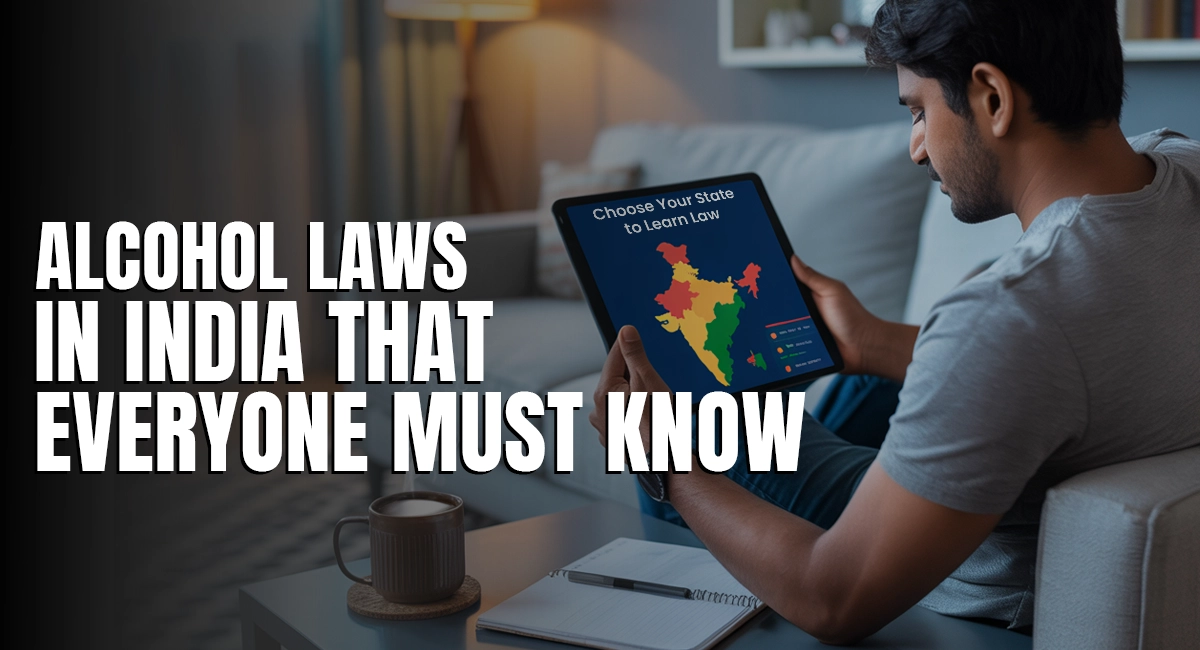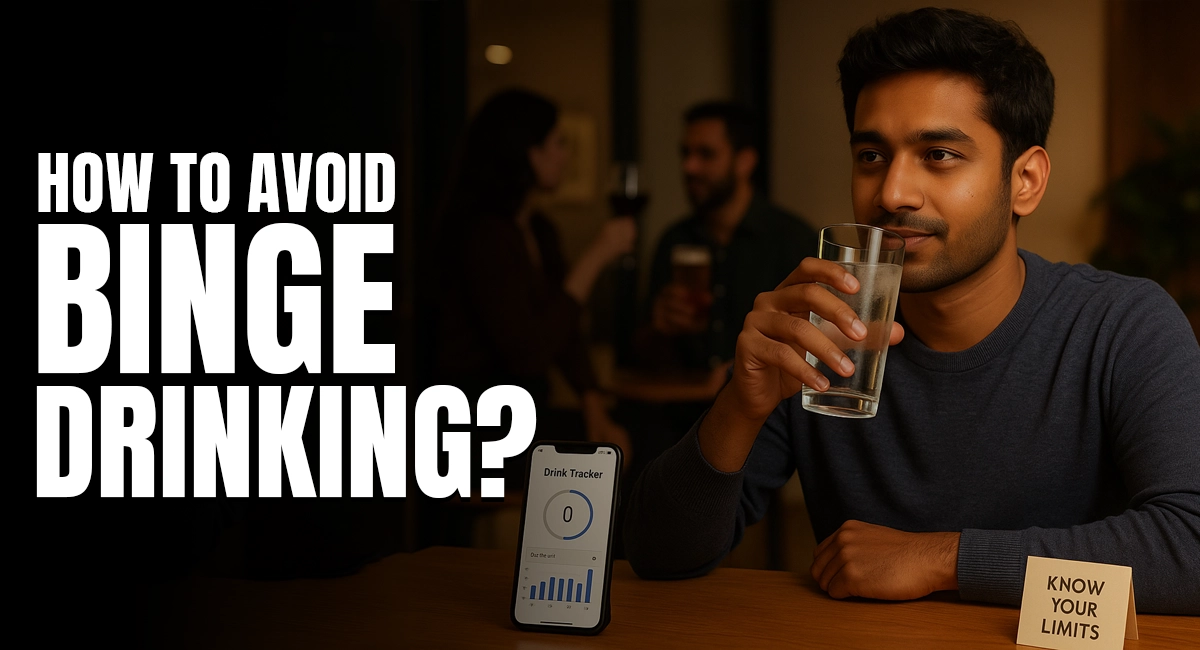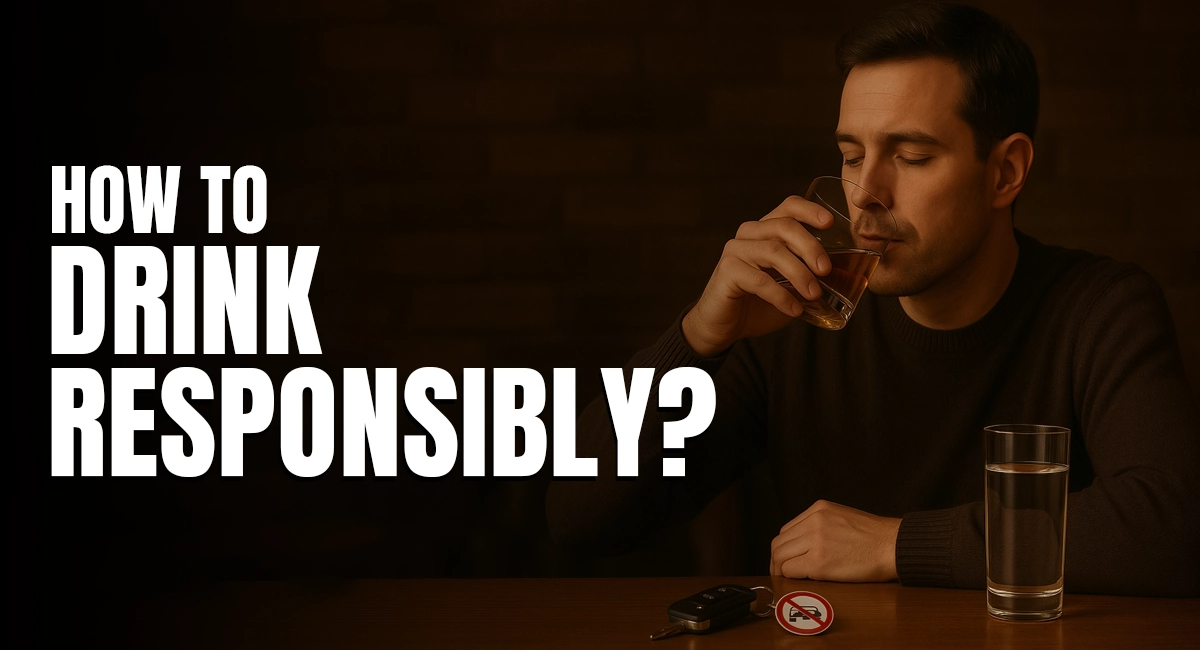Drinking Responsibly: How to Know Your Limits?
For many people, alcohol is a way to socialize, celebrate or relax after a long day. But if you're not careful, drinking can lead to bad decisions, health problems, and issues with friends or family. You’ve probably heard the phrase “drink responsibly,” but what does that really mean?
At its heart, it means knowing your limits—what your body and mind can handle—and not going beyond them.
In this guide, we’ll explain and guide what responsible drinking really means, how to figure out your own limits, and easy tips to help you enjoy alcohol without any regrets.
What Is Responsible Drinking?
Drinking responsibly doesn’t just mean “not getting drunk.” It means thinking before you drink and being aware of the fact that how alcohol affects you and those around you.
Responsible drinking includes:
- Setting your own limits for how much you’ll drink
- Understanding how alcohol affects your body and mind
- Never drinking and driving
- Drinking for enjoyment—not because of stress or peer pressure
- Knowing when to say “no”
Why You Should Know Your Limits
Going over your limit doesn’t just mean a hangover. It can lead to poor decisions, accidents, fights, or health problems. Over time, drinking too much can hurt your body, mind, and relationships.
When you know your limits, you can:
- Stay in control of your behaviour and emotions.
- Avoid doing things you might regret later.
- Build a healthier relationship with alcohol.
- Keep your mental and physical health on a top priority.
- Set a good example for others.
What Affects Your Alcohol Tolerance?
Your limit isn’t the same as someone else’s. Many things affect how your body handles alcohol:
- Body Size: Bigger people usually handle alcohol better than smaller ones.
- Gender: Women often get drunk faster than men because of body differences.
- Metabolism: Some people process alcohol quicker than others.
- Food: Drinking on an empty stomach makes you drunk faster.
- Medicines & Health: Some medicines or conditions can make alcohol stronger.
- Experience: Regular drinkers may not feel drunk as fast, but the alcohol still affects them.
- Mood & Tiredness: Being tired or upset can change how alcohol hits you.
Knowing these things can help you guess how alcohol might affect you differently each time you drink.
Signs You’ve Had Enough
Your body usually gives alters when it's time to stop drinking. Pay attention to these signs as given: -
- Talking too much or too loudly.
- Getting emotional or annoyed easily.
- Slurred speech or clumsy movement.
- Struggling to focus.
- Feeling dizzy or sick.
- Forgetting conversations or events.
- Taking risks, you normally wouldn’t.
If you notice these signs, then it's time to slow down yourself and drink some water and maybe call it a night.
Easy Tips to Stay Within Your Limit
It’s one thing to know your limit — it’s another to stick to it. Here are some tips to help:
- Decide Your Limit First: Set a goal for how many drinks you’ll have. Tell a friend if that helps you stick to it.
- Drink Slowly: Take your time. Balance your alcohol intake by sipping water or a soft drink in between. There’s no need to rush.
- Know What’s in Your Drink: Some drinks have more alcohol than others. Be careful with strong cocktails or spirits.
- Eat Before and During Drinking: Food, especially with protein or fat, helps slow alcohol absorption. Don’t drink on an empty stomach.
- Don’t Give in to Peer Pressure: Just because others are drinking more doesn’t mean you have to. Say “no” confidently.
- Plan a Safe Way to Get Home: Never drive if you’ve been drinking. Use a cab, public transport, or ride app, or arrange a sober driver.
- Count Your Drinks: It’s easy to lose track. Keep count mentally or use an app.
- Take Breaks Between Drinks: Give your body time to handle the alcohol before having more.
When You Should Reconsider Your Drinking
If you often go past your limit or rely on alcohol to feel better, you might need to think about your drinking habits. Ask yourself:
- Do I feel bad about my drinking?
- Have I tried to cut down but failed?
- Do I need more alcohol now to feel the same?
- Have people told me they’re worried?
- Is alcohol affecting my work or relationships?
If you answer “yes” to any of these, it may help to talk to a doctor, counsellor, or support group.
Helping Others Drink Responsibly
Drinking responsibly isn’t just about you — it’s also about supporting others. You can help by:
- Encouraging friends to know their limits
- Never making fun of someone for not drinking
- Providing non-alcoholic options at parties
- Checking in on friends who seem drunk
- Being a good role model
Being responsible doesn’t mean you can’t have fun — it just means you’re being smart and respectful.
| Read More: How to Practice Moderate Drinking? |
Conclusion
Knowing your limits isn’t weakness — it shows strength, self-control, and respect for yourself and others. By being aware, setting boundaries, and drinking wisely, you can enjoy alcohol without any downsides.
When you understand how alcohol affects your body and mind, you put yourself in control of your choices, your health, and your relationships. Moderation isn’t about restriction — it’s about freedom. Freedom from regrets, from risky behaviour, and from the negative consequences of overconsumption. Choosing to stop or say no isn’t boring; it’s brave. It means you’re prioritizing what matters. For more such content stay connected Boozerscouncil.org and keep visiting the site.
Drink smart. Know your limits. And remember — the best nights are the ones you remember.
Recent Post
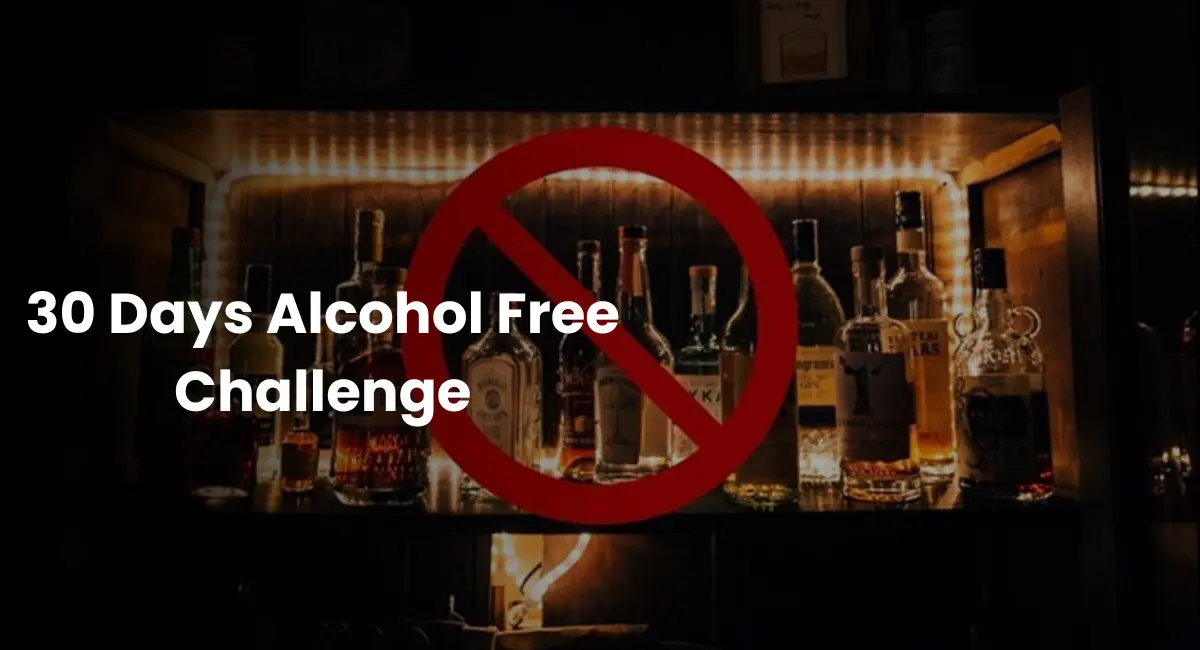
Alcohol-Free Challenge
This challenge isn’t about lifelong abstinence or strict rules; it’s about pausing, observing and understanding how alcohol truly...
December 17, 2025

Role of Schools and Colleges in Alcohol Awareness
This blog explains how schools and colleges can contribute effectively to alcohol awareness in line with widely recognised...
December 15, 2025
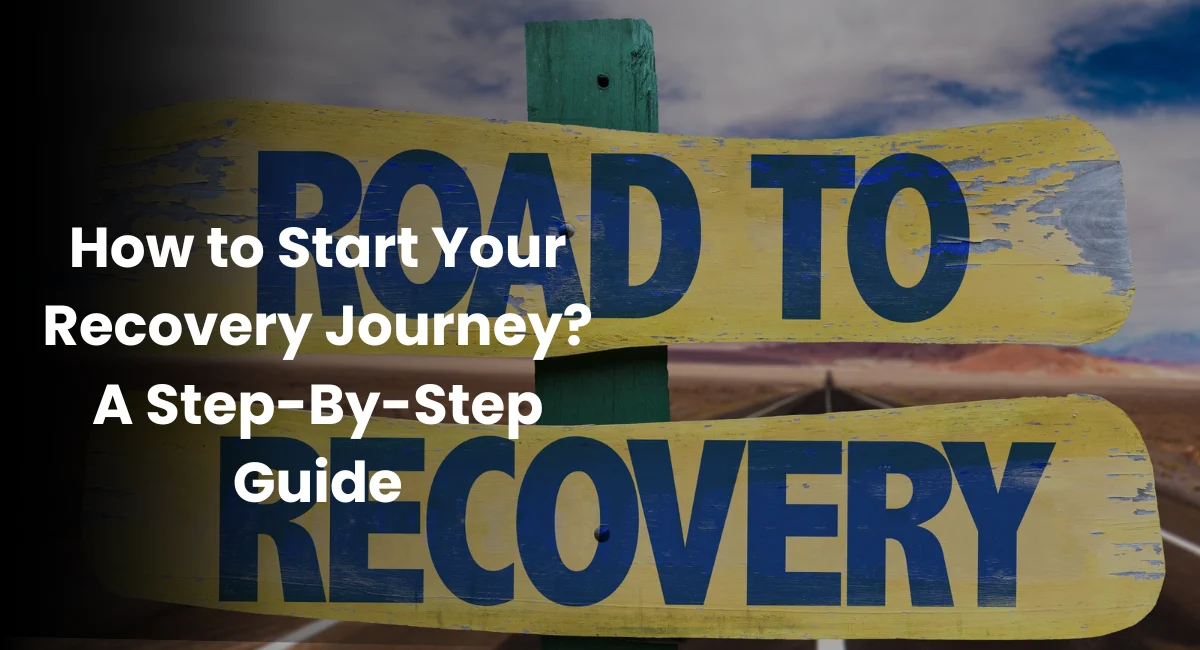
How to Start Your Recovery Journey from Alcohol Addiction
Recovery is a continuous process of healing, self-awareness and growth. With the right mindset, professional guidance and support...
December 09, 2025
Get The Free Quote!
KEEP IN TOUCH
POPULAR POSTS
Alcohol Laws in India
This decentralization results in widely varying legal drinking...
August 14, 2025 • 604 views.Binge Drinking
Binge drinking is often portrayed in movies and...
August 04, 2025 • 335 views.How Stress and Anxiety Can Lead to Unhealthy Drinking Habits
In this blog, we’ll explore how stress and...
October 17, 2025 • 291 views.How to Practice Moderate Drinking
In this blog, we’ll explore what moderate drinking...
August 02, 2025 • 276 views.How to Drink Responsibly
In this guide, we’ll explain and guide what...
July 31, 2025 • 262 views.



